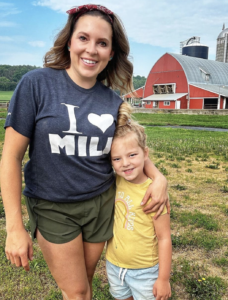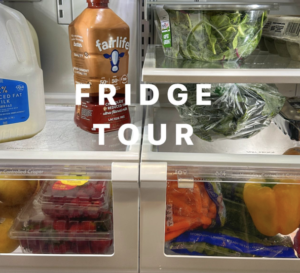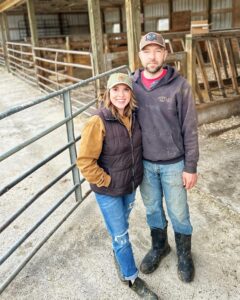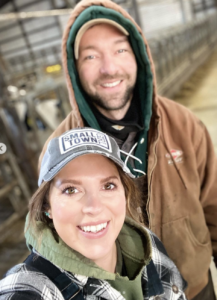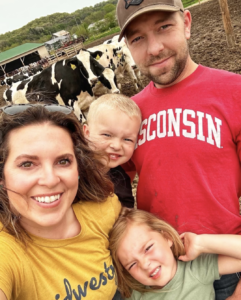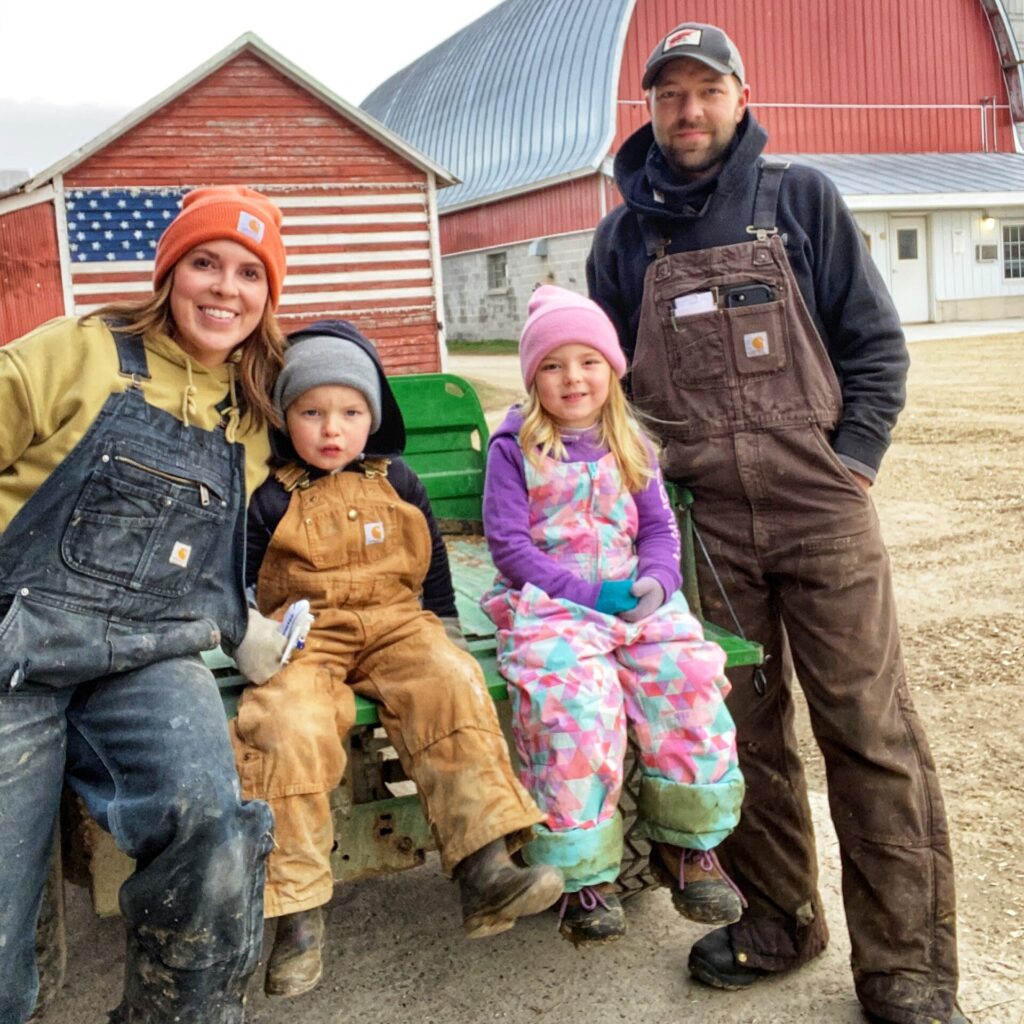
Why Successful Dairy Farmers Use Propane
I was recently asked the question, “Do you use propane on your dairy farm?” My initial response was, “Umm, yes. I think so?” As I walked around the farm that day and thought more about propane, I realized just how much we rely on it.
Propane heats our home, our milking parlor and runs the clothes dryers for parlor towels. It is the source of energy for our hot water heaters that allow us to sanitize equipment, wash buckets and bottles, mix-up milk replacers, warm drinking fountains — the list goes on and on.
That night, I went home and chatted more about propane with my husband. We initially chose to utilize propane because of its reliability and accessibility; it seemed like a no-brainer. More than 800,000 farms trust propane as a reliable energy source for their operations, so why wouldn’t we? Now we were curious, was there more to know about propane? Was it really the best choice or were we just using it because so many other farm families were?

We headed to propane.com and found ourselves deep into a propane rabbit hole (guess this is what you do for fun in your mid-thirties) and learned SO much. We partner with the Propane Education & Research Council to help others in the industry learn about the energy option too. Here are our big takeaways:
Propane is versatile
It was clear how versatile propane was just on our farm, but we learned that more and more farmers are making the switch to propane because it can power just about any piece of farming equipment, generators, water heating systems, building heating systems, irrigation engines and flame weed control systems, grain drying — seriously, anything on the farm. Something we also value about propane is that it’s a clean, American-made energy option. Propane is primarily a byproduct of domestic natural gas processing, though some propane is produced from crude oil refinement. Nobody knows the value of a by-product more than a cattle farmer. We will re-use, re-use, and re-use things as many times as possible.
Efficiency and Cost Savings
As farmers, efficiency and cost savings are extremely important to us. We want to know that we are using a product that is working well for us physically and financially. We knew our propane boiler performed well when it came to heating the parlor and water heaters, but had it been the right choice financially? We were pleased to discover that the lifespan of a propane boiler is 30 years and can last even longer if serviced properly. Over thirty years?! I would say that was worth the initial investment.
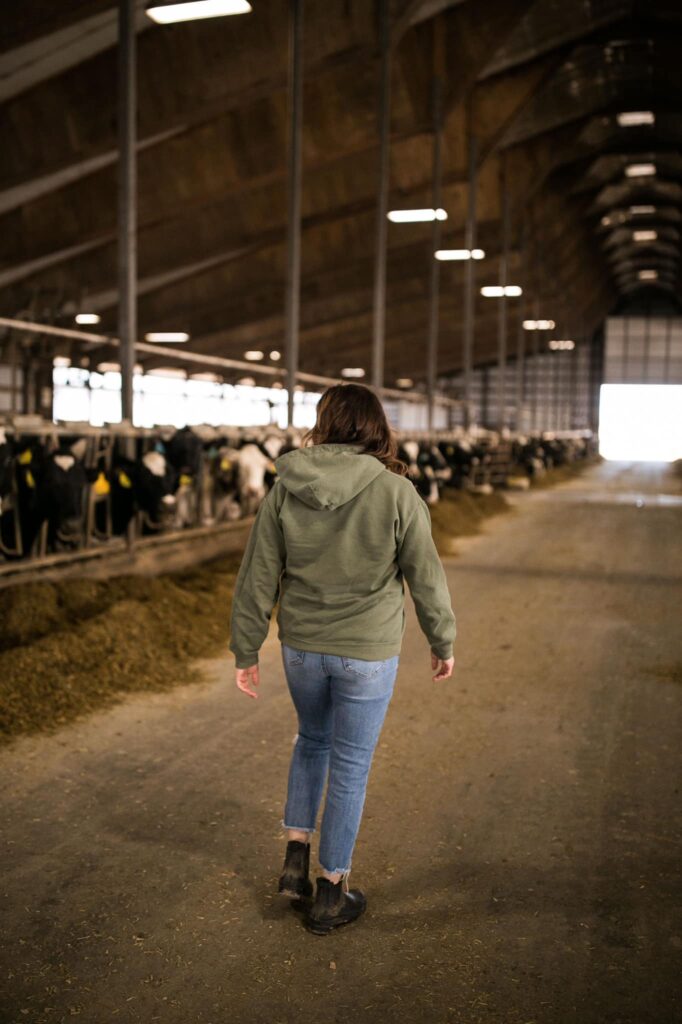
The more we read, it was clear that propane was built for efficiency. For example, did you know that propane clothes dryers dry clothes faster than an electric dryers? We milk cows around the clock which means we are washing and drying parlor towels 24/7 too. If propane dryers can get the job done faster, that means we are reducing energy use and cost. It gave us even more peace of mind to learn that propane-powered clothes dryers generate up to 42% FEWER greenhouse gas emissions compared to electric dryers.
Propane-powered building heat like boilers, hot air furnaces and radiant heaters offer thermal efficiencies up to 95%. I mean, that’s nearly perfect. We are so happy with our decision to utilize propane on our farm and in our home. In fact, it has us thinking about more ways we can use propane.
Currently, we have a diesel generator and would like to up-grade to a propane-powered standby generator. Our generator keeps the milking parlor running when a storm hits, and the electricity goes out (like it did many times winter 2023). Switching to a propane-powered backup generator would be more-efficient and cost-effective. Propane- powered engines can save farmers 40% more compared to diesel engines but is also a much cleaner energy source.
Before this partnership, I overlooked propane and just how vital its role was on our operation, but I can assure you that is not something I will do again. I might be becoming a bit of a propane-guru. If you want to learn more about propane and become a guru like me, visit propane.com/agriculture and discover how propane can help you on the farm and in your home.


